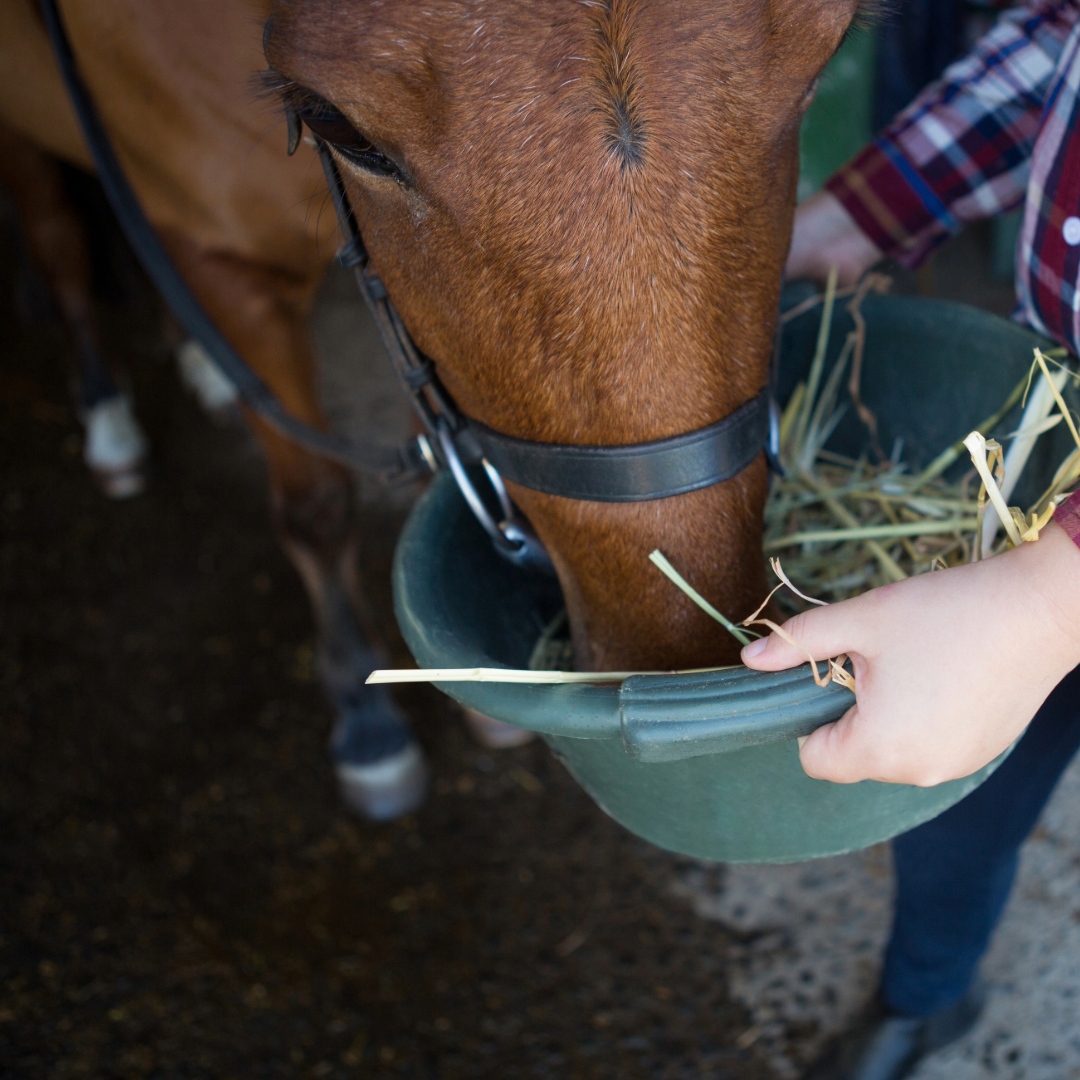
Daily Horse Care Checklist: What Every Owner Should Know
If you’re new to horse ownership or thinking about diving in, you’ve probably already realized that horses need more than love and apples. Keeping horses happy and healthy means getting into a daily rhythm of care. It's not always glamorous, but it’s one of the most rewarding parts of bonding with your equine companion.
This checklist we have for you is a set of habits that help you keep your horse healthy, comfortable, and thriving. If you’re wondering what really matters in day-to-day horse care, this checklist has you covered.
Why Daily Care Matters
Let’s be real, owning a horse is a commitment. They can’t just chill out with a chew toy while you’re busy. Horses need consistent care, not just for their physical health but also their emotional well-being.
Their digestive system, hooves, and even their mood all depend on how regularly and thoughtfully you care for them. Missing one thing here or there might not seem like a big deal, but over time, it could lead to problems like colic, hoof issues, or even behavioral stress.
When you check in with your horse daily, you’re not just maintaining them, you’re connecting with them. That’s what builds trust.
Your Daily Horse Care Checklist
Here’s a quick checklist to help you properly care for your horse every day:
1. Fresh Clean Water
Water is essential for digestion, body temperature, and maintaining a healthy weight. Your horse should always have access to clean water, whether they’re in a stall, paddock, or pasture. Check their bucket or trough at least once a day, and more often in hot or freezing conditions.
2. Forage: Hay or Pasture
Most of your horse’s calories should come from roughage - think high-quality hay or fresh green pasture. Horses are natural grazers and need to chew frequently to support a healthy digestive system. Providing enough forage also helps prevent colic and weight issues.
If your horse is stabled, consider using a slow feeder to make hay last longer and keep them engaged.
3. Clean the Stall or Shelter
Even if your horse lives outside with access to shelter, a clean living space is a must. Remove manure, check the bedding, and clean out any wet spots. A well-ventilated barn or shelter not only protects your horse from harsh weather but also reduces the risk of respiratory problems.
4. Grooming and Hoof Care
Daily grooming isn’t just about keeping your horse pretty. It helps you spot small issues before they become big ones like swelling, cuts, or changes in coat texture. Plus, it’s quality bonding time.
Pick out your horse’s hooves every day to remove rocks, dirt, and debris. This helps prevent lameness and infections like thrush. And don’t forget: hooves should be trimmed by a farrier every 6 to 8 weeks.
5. Turnout or Exercise
Every horse needs to move. Turnout time allows for natural movement, socialization, and a happier state of mind. If your horse is stabled, even a short hand-walk or light ride makes a big difference.
Exercise can help prevent digestive issues, improve circulation, and reduce stress, especially in younger horses or those with lots of energy.
6. Feed and Supplements (if needed)
Not every horse needs grain, but some benefit from additional calories or nutrients, especially older horses, hard workers, or those with special needs. If you offer grain or equine supplements, keep portions consistent and buckets clean.
Want help choosing the right supplements to support your horse’s coat, hooves, or digestion? You’ll find high-quality options at Equi-Elite Supplements.
7. Quick Health Check
Taking a moment each day to check for signs of trouble is essential. Look for:
- Swelling, heat, or cuts on legs and body
- Lameness or stiffness
- Changes in behavior or appetite
- Abnormal manure
- Discharge from the nose or eyes
Catching things early can save your horse a lot of pain.
Weekly and Monthly Reminders
Some parts of good horse care don’t need daily attention but they’re still essential.
- Hoof trims – Every 6 to 8 weeks with a qualified farrier
- Dental care – Horses need their teeth checked at least once a year
- Deworming – Use a fecal egg count test to monitor parasite levels and deworm accordingly
- Vaccination – Follow your veterinarian’s schedule for shots like tetanus, equine infectious anemia, and others
For a deeper dive into long-term care, we’ve got more tips at Equi-Elite’s blogs.
Seasonal Horse Care Tips
Your daily care checklist stays the same, but a few things shift with the seasons:
- Winter: Check that water isn’t frozen. Add a blanket if your horse is clipped or older. Offer extra hay to support body heat.
- Summer: Watch for dehydration, provide shade, and use fly spray if needed.
- Wet seasons: Keep hooves clean and dry to prevent hoof rot and thrush.
Companionship Counts
Horses are herd animals. Being around other horses or even ponies, goats, or friendly barn cats makes a difference in their mood and behavior. If your horse lives alone, be sure to spend time with them daily. They crave connection just like we do.
Final Thoughts
A solid daily routine doesn’t just protect your horse, it brings out the best in them. From water and forage to grooming and hoof care, every small act adds up. You don’t have to be perfect. Just be present, consistent, and observant.
When you show up for your horse with heart and a plan, you’re not just checking off a list, you’re becoming the partner they can count on.
Want to support your horse’s health from the inside out? Explore science-backed supplements made for real horse owners like you at Equi-Elite Supplements.
